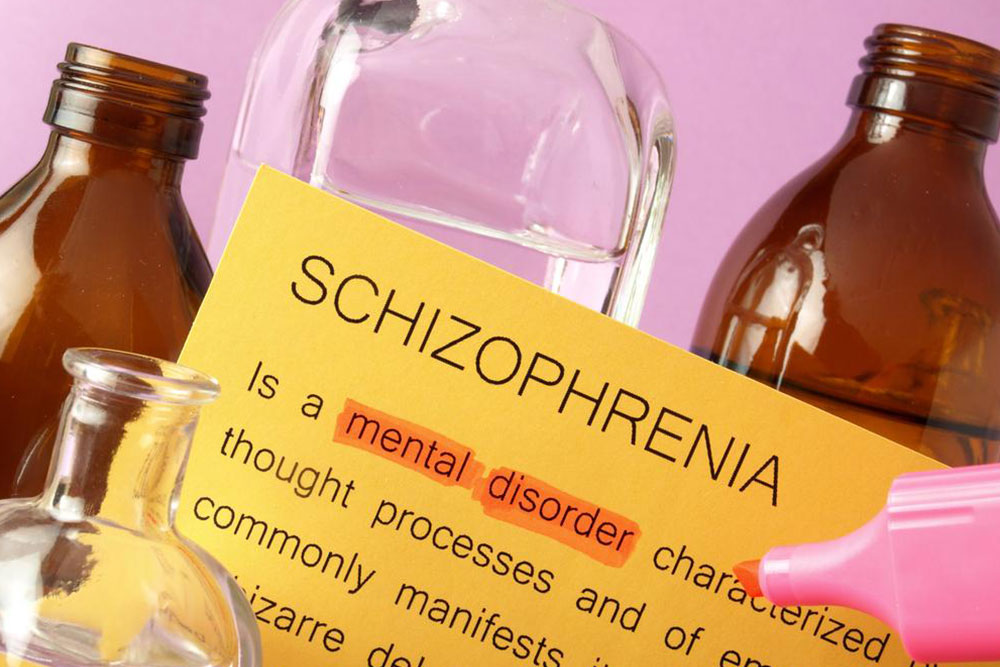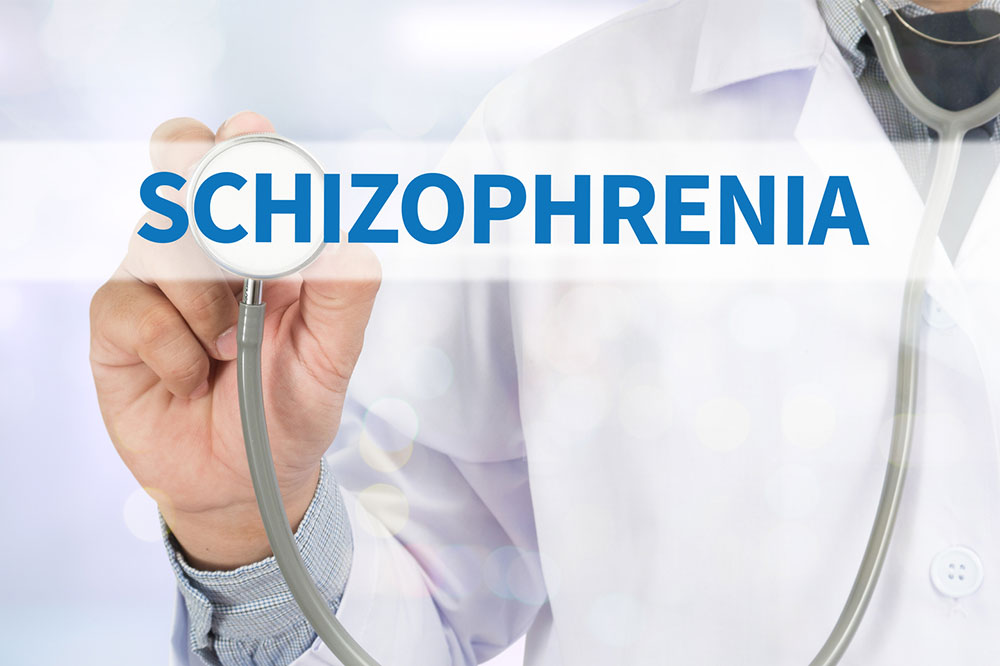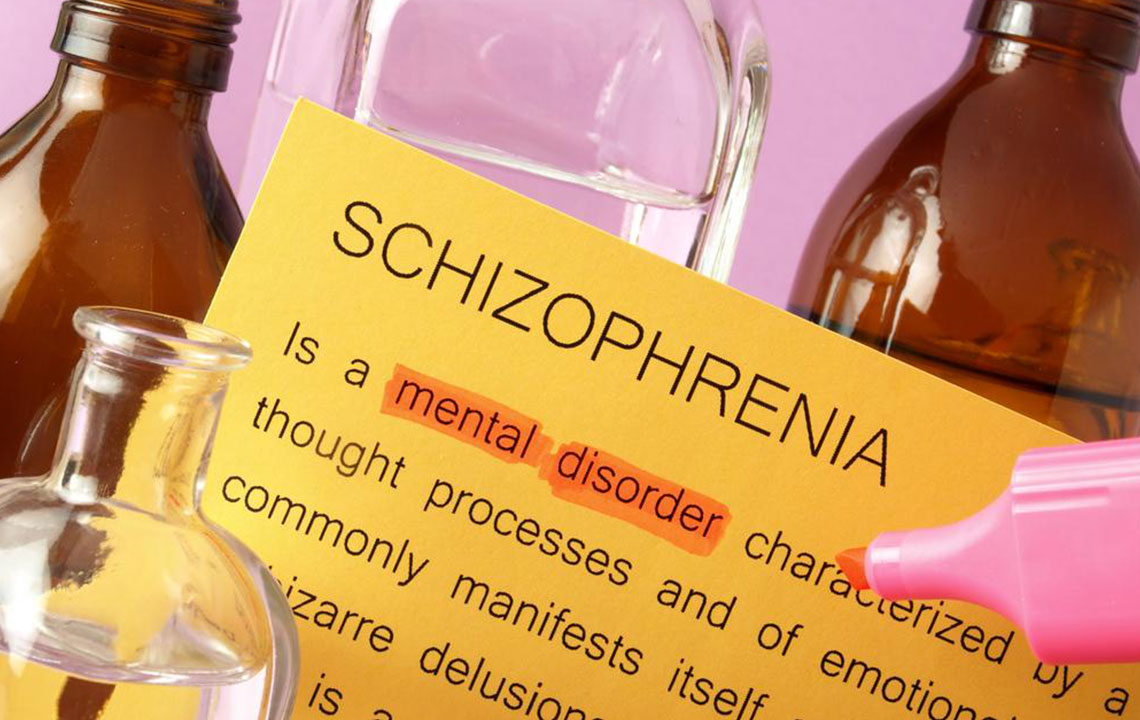Understanding Schizophrenia: Symptoms, Causes, and Management Strategies
Schizophrenia affects perception, causing hallucinations and delusions. This complex disorder usually begins in late teens or early adulthood and requires comprehensive treatment involving medications and therapy. Understanding symptoms, causes, and management options is vital for effective care and improved quality of life for those affected.
Sponsored

Schizophrenia is a complex mental health condition that influences how individuals think, feel, and perceive reality. It often presents with symptoms like hallucinations, delusions, and paranoia, which may lead affected individuals to withdraw socially. Approximately 1% of the global population experiences schizophrenia during their lifetime.
While there is no cure, proper treatment involving medication and therapy can help manage the disorder. Schizophrenia can develop at any age but typically begins in late adolescence or early adulthood, with men experiencing symptoms earlier than women.
Common symptoms include:
Delusions: False beliefs that greatly impact daily life, such as feeling unjustly targeted or believing one is famous or impending disasters are about to strike.
Hallucinations: Seeing, hearing, smelling, or feeling things that are not present, such as voices or strange odors.
Disorganized speech: Difficulty forming coherent thoughts, leading to unrelated or nonsensical conversations, occasionally mixing random words.
Abnormal movement: Unusual physical behaviors, like childish actions, repetitive movements, or prolonged awkward poses, can make routine tasks challenging.
Negative symptoms: Reduced emotional expression, monotone speech, social withdrawal, and neglect of personal hygiene are common, impairing social interaction and daily functioning.
To diagnose schizophrenia, physicians conduct comprehensive medical exams and psychiatric evaluations. Persistent symptoms over six months confirm the diagnosis.
Causes of schizophrenia
While the exact cause remains unknown, research indicates a biological basis rather than personal shortcomings or parenting issues. Factors influencing development include:
Genetics: The chance of developing schizophrenia increases to 10% if a parent has it, compared to less than 1% in those with no family history.
Brain structure abnormalities: Some studies link abnormal brain formations to schizophrenia, though not all individuals show these changes.
Environmental influences: Factors such as prolonged cannabis use, high-stress environments, and certain viral infections may trigger the disorder in genetically predisposed individuals, typically during adolescence or early adulthood.
Managing schizophrenia
The primary goal of treatment is symptom suppression and relapse prevention. Antipsychotic medications are commonly prescribed to manage delusions and hallucinations. Coordinated Specialty Care (CSC) combines medication with therapy, employment support, and social services, involving family in the process. Psychosocial therapies improve cognitive functions, social skills, and daily functioning. Severe cases with suicidal thoughts may require hospitalization, and treatments like Electroconvulsive Therapy (ECT) are options when medications are ineffective. Emerging treatments such as Deep Brain Stimulation (DBS) are being researched for severe cases, involving implantation of electrodes to regulate brain activity.






